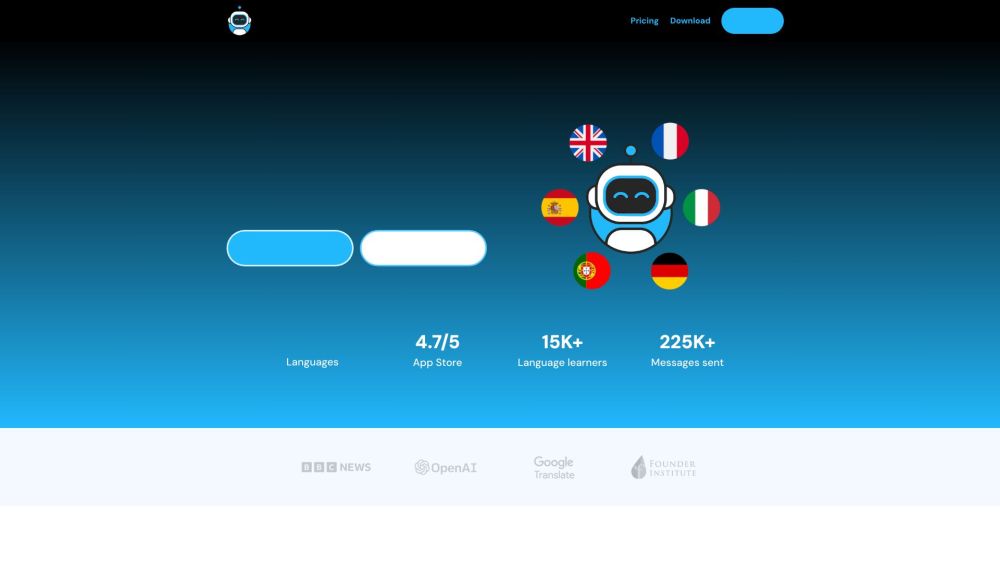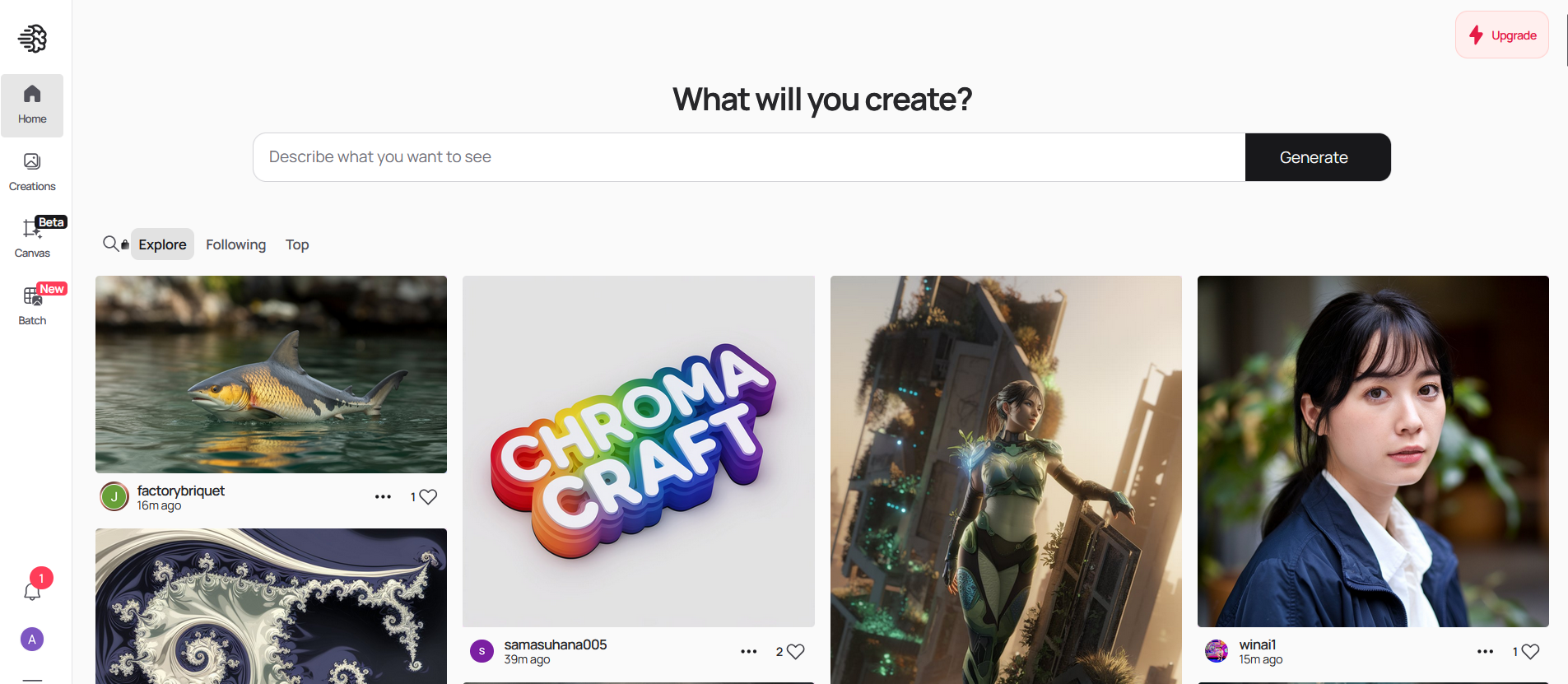In a significant move to enhance the adoption and transformative capabilities of artificial intelligence (AI) in waste management, Dutch recycling leader Bollegraaf Group is strategically investing in British AI startup, Greyparrot. Known for its advanced computer vision technology, Greyparrot specializes in waste analytics.
Founded in 1961, Bollegraaf has a rich history as a manufacturer of Material Recovery Facilities (MRFs) and integrated recycling systems. In recent years, the company has begun to explore AI, launching an innovation test center in the Netherlands in 2021 and assembling an internal AI team focused on integrating analytics with their recycling machinery, resulting in successful commercial applications.
Founded in 2019, Greyparrot has dedicated nearly five years to innovating AI solutions for municipal waste management, creating what it calls “waste intelligence.” This technology analyzes discarded plastics and other materials, crucial for improving the recyclability and quality of products available to recyclers. Greyparrot's technology is also designed to recover valuable recyclable materials from contaminated waste streams, preventing them from ending up in landfills or incinerators.
A key aspect of Greyparrot's mission is evolving from a data provider to a decision-maker, utilizing AI to drive more efficient sorting and recovery operations. This shift is essential as global waste production continues to rise, necessitating intelligent management to keep our societies from becoming overwhelmed by trash.
Moreover, stringent regulatory requirements across Europe that mandate increased recycled material use in products are enhancing demand for higher-quality recycled outputs. While most of Greyparrot's existing implementations involve retrofitting AI into current recycling facilities, the company anticipates future waste recovery plants will be built with AI integrated from the outset. Greyparrot aims for its Greyparrot Analyzer, a specialized AI camera, to act as the brain in these new setups, leading the automation in waste management.
Greyparrot has developed APIs, known as Greyparrot Sync, to integrate with its clients' sorting and recovery machinery. The new partnership with Bollegraaf is aimed specifically at accelerating this digitization effort, leveraging Bollegraaf's extensive experience in machinery and robotics to enhance Greyparrot's AI-supported waste recovery capabilities.
“The big vision with Bollegraaf is to accelerate and lead the digitization of the waste sector,” said Mikela Druckman, CEO and co-founder of Greyparrot. “By combining forces, we can expedite our way to scalable smart MRFs that are fully automated and transformative, enhancing efficiency and recovery rates.”
As part of a $12.8 million strategic investment, Bollegraaf is transferring its AI vision division to Greyparrot, which includes a team of six skilled professionals. Greyparrot will manage Bollegraaf's existing AI deployments while reviewing each implementation to decide whether to transition it to their technology. Future AI initiatives at Bollegraaf's facilities will utilize Greyparrot’s solutions.
Bollegraaf will serve as a global distributor and strategic partner for Greyparrot’s AI camera systems, which now provide analytics for waste management in approximately 30 to 40 facilities across 14 countries. Its primary market remains Europe, but with this partnership, Greyparrot anticipates expanding its presence in the US.
Druckman stated Greyparrot would continue to sell its AI waste analytics to other MRF manufacturers while benefiting from Bollegraaf's extensive network and experience. “This partnership is not only about expanding distribution but also integrating our data with their existing machinery and systems, paving the way for fully automated smart MRFs.”
Bollegraaf CEO Edmund Tenfelde noted the importance of enhancing recycling rates through insight and collaboration, stating, “To further elevate recycling rates, we need deeper integration of AI that enables automated decision-making to maximize clients’ ROI.”
Despite the advancements, several challenges persist in improving AI-powered waste processing, particularly in addressing the complexities associated with various plastics found in waste streams. Druckman acknowledged the need for significant progress in recognizing and separating materials effectively.
She highlighted the focus on robotic arms as one method of separation, emphasizing that Greyparrot’s technology is designed to integrate with various sorting systems, ensuring flexibility and efficiency in waste management.
While improving recycling technology is crucial, Druckman insists that a broader systemic change is needed to adopt a circular economy approach that minimizes waste at the source. “Reducing plastic usage is vital to the solution. Recovery and recycling alone won't solve the problem; both approaches must progress in tandem,” she emphasized.
As we navigate these challenges, Greyparrot estimates that only 1% of waste is monitored through management systems, with around 40% sorted manually — an indication of the vast potential for automation and efficiency in waste management systems.
Druckman notes that the market is at a pivotal moment, largely due to recent European regulations encouraging sustainable practices and imposing recycling mandates on producers. “We are witnessing a shift characterized by more collaboration in the value chain and a commitment to developing supportive infrastructure,” she enthused.
With AI's capacity to generate detailed insights into waste composition and disposal, there are opportunities to extend “post-consumption responsibility” to brands, encouraging them to manage their product's lifecycle, including packaging design.
As Greyparrot continues to innovate in waste management technology, it aims to empower recycling professionals, plant builders, and manufacturers to enhance compliance, improve packaging design, and ultimately boost recycling efficiency.
This investment not only strengthens Greyparrot’s position as a leader in AI-driven waste analytics but also marks a significant step forward in the quest for a more sustainable recycling industry.





